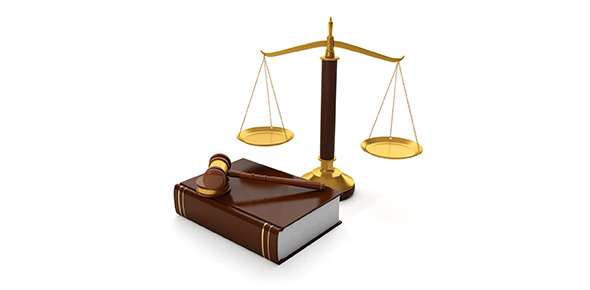Related Flashcards
Related Topics
Cards In This Set
| Front | Back |
|
Civil Liberties
|
The personal guarantees and freedoms that the fed. gov't cannot abridge by the law, constitution, or judicial interpretation.
|
|
Civil Rights
|
In contrast, are the gov't protected rights of individuals against arbitrary or discriminatory treatment.
|
|
Slective Incorportation
|
A judicial docrtine whereby most but not all of the protections found in the Bill of rights are made applicable to the states via the 14th amendment.
|
|
First Amendment: Freedom of Speech and Press
|
Imposes a number of restrictions on the fed gov't w/ respect to the civil liberties of the people, including freedom of religion, speech, press, assembly, and petition.
|
|
Alien and Sedition Acts
|
- made the publication of "any false scandalous writing against the gov't of the US" a criminal offense.
- violated the first amendment's ban on prior restraint and expired in 1800 |
|
What rights have been incorporated in selective incorporation?
|
Amendment I: Speech, Press, Assmebly, Religion
Amendment 4: No unreasonable searches or seizures, exclusionary rule 5: Just compensation, self-incrimination, double jeapordy 6: public trial, right to counsel, confrontation, impartial trial, speedy trial, compulsory trial, criminal jury trial 8: no cruel and unusual punishment |
|
Free Excersise Clause
|
The second clause of the first amendment; it prohibits the US gov't from interfering with a citizen's right to practice of his or her religion.
|
|
When is the right to excercise your religion limited?
|
The gov't may not interfere with religious beliefs, but they may with practices
|
|
The establishment clause
|
Prohibits the establishment of a nat'l gov't
|
|
Lemon Test
|
A practice or policy was constitutional if it:
1) had a secular purpose 2) neither advanced nor inhibited religion 3) did not foster an excessive gov't entanglement with religion |
|
Prior restraint
|
Constitutional doctrine that prevents the gov't from prohibiting speech or publication before the fact; generally held to be in violation of the first amendment.
|
|
Clear and present danger
|
In Shenck v. US, the supreme court upheld this act, ruling that congress had a right to restrict speech of such nature as to create a clear and present danger that will bring about the substantive evils that Congress has a right to prevent.
|
|
Symbolic speech
|
Symbols, signs, and other methods of expression generally also considered to be protected by the first amend.
|
|
The second amend
|
The right to bear arms
|
|
4,5,6,8 amendments
|
Civil rights and due process:
supplement guarantees against writs of habeas corpus, expost facto laws, and bills of attainer by providing due process rights for those accused of crimes |




